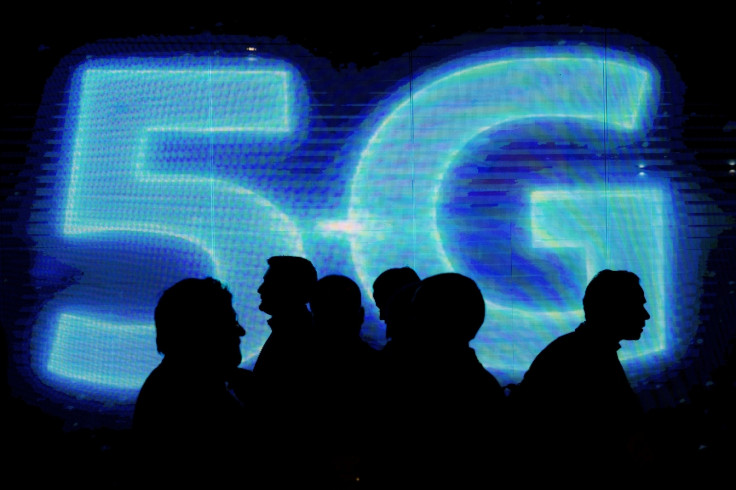Qualcomm CEO says 5G networks coming in 2019 'for sure'
5th generation internet connectivity is coming sooner than expected.

Faster internet is always welcome and the 5<sup>th generation of internet connectivity, 5G, will likely become a reality sooner than expected.
Qualcomm CEO Steve Mollenkopf suggested that 2019 is the year for 5G. While 2020 or later was what the industry at large was expecting, "people are pulling us faster", he said at the Fortune Brainstorm conference in Aspen, Colorado. "You'll see 5G in 2019 for sure", he added.
His statement comes as more and more countries are looking to roll out this technology on a large scale.
San Marino is set to get Europe's first super-fast 5G mobile network. The micro state will act as a proving ground for systems implementation as it has an accommodating policy when it comes to radio frequency usage.
French President Emmanuel Macron demanded that French ISPs roll out high speed internet to all parts of the country before 2020.
5G internet will be the next big thing in telecommunications and will be as fast as the fastest gigabyte connections that are reserved for research and other such platforms. Bringing that level of connectivity and bandwidth within the reach of everyday consumers might be possible in under two years.
However, it is difficult to predict when end users will actually have access to 5G.
Countries like the US, UK, France, China and India are already looking at widespread implementation with feasibility studies and options for bandwidth allocation underway.
Germany is the first country to have actually put out a comprehensive strategy to roll out 5G. Minister Alexander Dobrindt recently said that "5G is the foundation of the gigabit society" and "We want Germany to provide a high-performance 5G network by 2025". The idea is to deliver the technology in a reliable and efficient manner rather than to claim first place, Dobrindt said.
The growth and popularity of streaming platforms was made possible by 4G and now 5G is promising to make all of this up to a 100 times faster. A file download that takes five to six minutes with 4G can happen in a few seconds with 5G.
Mobile phone makers and other hardware outlets that create IoT products, connected automobiles and media houses are ideal candidates that can make the most of this increased speed and efficiency that promises close to zero latency.
The challenges that a system such as this can bring in are also being seriously considered. Considering the latency between the publisher and the viewer would be tens of milliseconds to less than three, monitoring violent or otherwise inappropriate content would be harder than ever.
© Copyright IBTimes 2025. All rights reserved.





















